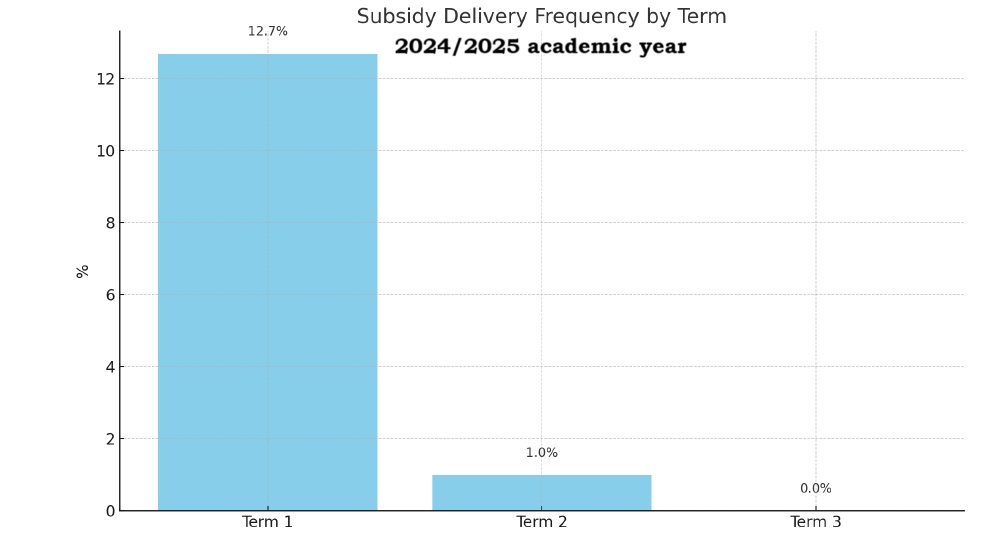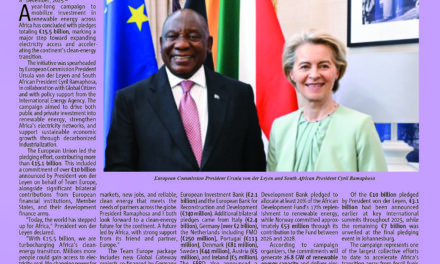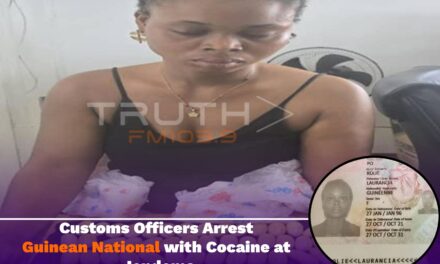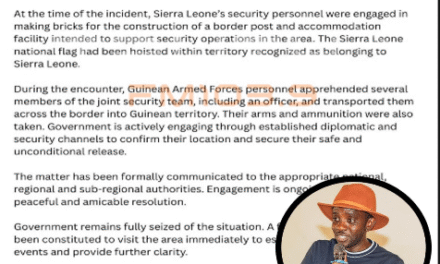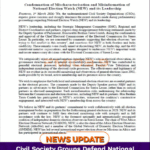Freetown, September 7, 2025– As teachers across Sierra Leone prepare to down tools on Monday, a 2025 report by the Centre for Accountability and Rule of Law (CARL-SL) appears to have predicted the crisis now gripping the country’s education sector.
The report, based on an extensive assessment across eight districts Bo, Moyamba, Kono, Kenema, Tonkolili, Port Loko, Kambia, and Western Rural surveyed 120 schools and laid bare the systemic failures that have now culminated in a nationwide strike.
At the heart of the findings was a troubling inconsistency in the payment of school fees subsidies. Only one-third of schools reported receiving any government support, and many of those said they had only received funds for the first term of the 2024/25 academic year, with no allocations for subsequent terms. This left school heads scrambling to cover basic operational costs, including payments to teachers without PIN codes, auxiliary staff, and the procurement of teaching and learning materials.
The report also highlighted a three-year drought in the supply of Teaching and Learning Materials (TLMs) from the Ministry of Basic and Senior Secondary Education (MBSSE). While initial distributions were made at the launch of the Free Quality School Education (FQSE) program, no materials have been provided since further straining already under-resourced schools.
“The lack of consistent funding and materials has made it nearly impossible for school heads to manage their institutions effectively,” the report stated. “This undermines the very foundation of the Free Quality School Education initiative.”
CARL-SL recommended urgent coordination between the MBSSE and the Ministry of Finance to ensure timely disbursement of subsidies ahead of the 2025/2026 academic year. However, with no visible action taken, the Sierra Leone Teachers Union (SLTU) has now declared a strike, citing the same issues flagged in the report unpaid subsidies, lack of materials, and unresolved payroll anomalies.
The timing of the strike, just days before schools are set to reopen, threatens to derail the academic calendar and deepen public frustration. For many educators, the CARL-SL report wasn’t just a warning it was a roadmap to the very breakdown they now find themselves in.
As classrooms go quiet and chalkboards remain untouched, the question looms: will government act now to salvage the school year, or will Sierra Leone’s education system continue to buckle under the weight of neglect?
